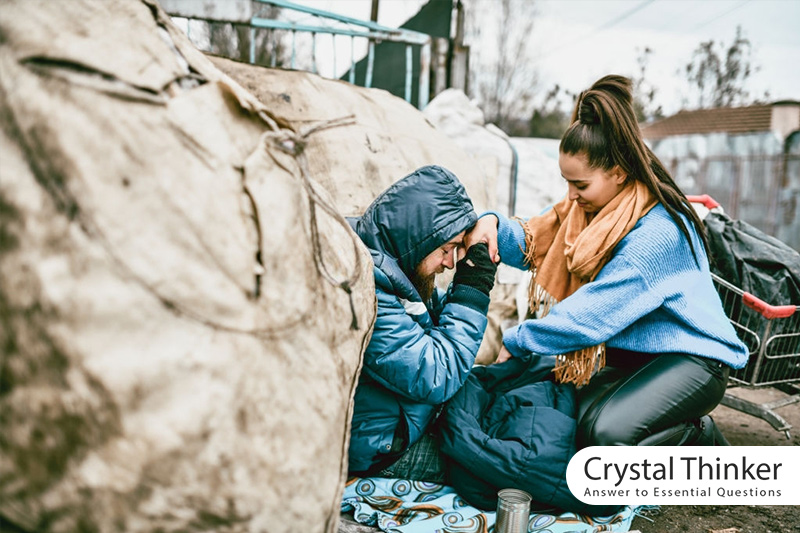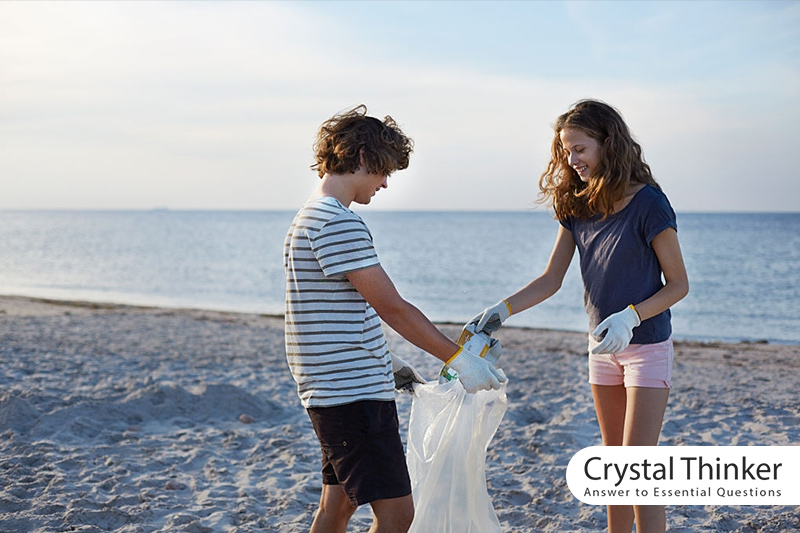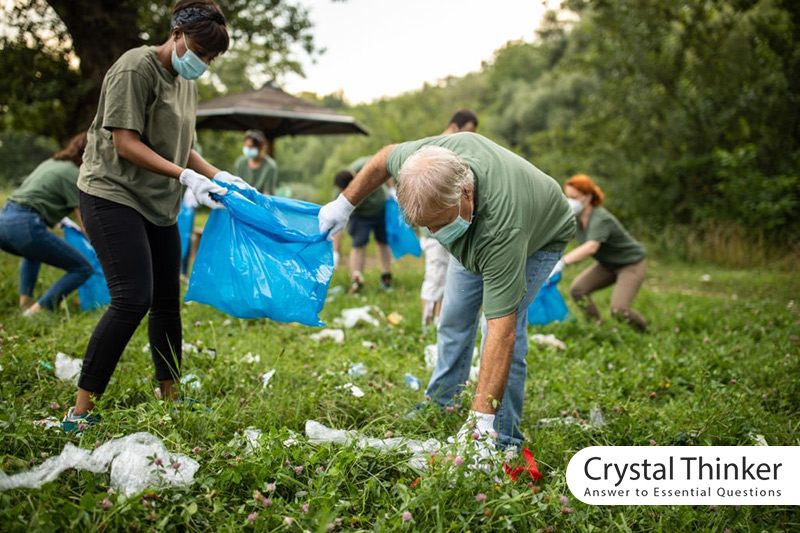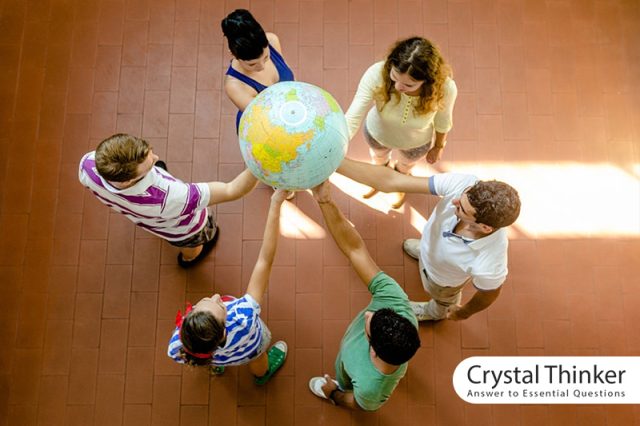Altruism is a kind of selfish concern for other people. Sometimes you may take the initiative to get things done, and doing so is not just a matter of wanting to help. You also do not feel obligated to do it or for religious reasons. Instead, you do it out of concern for the well-being of others.
altruism and generalities about it
Unfortunately, in many cases, doing altruism puts people at risk for helping others. Usually, in such situations, people take these actions without expecting any reward.
Of course, there is another type of altruism, which is called mutual altruism. This type of altruism involves taking action to help others but with expectations. These people usually also ask for help in return.
Auguste Comte was a French philosopher. The word first used the word altruism in French as altruism. He meant to find a contradiction for the word selfishness.
Steinberg also defines altruism in the clinical setting as “voluntary actions aimed at increasing the well-being of another without any pre-determined external rewards.” (STEINBERG, D., 2010).
In evolutionary psychology, altruism encompasses many human behaviors, such as helping charities, providing emergency assistance to individuals, rewarding, or producing environmentally friendly goods. (Roberts, C. S., 2012).

What is the choice of kinship?
Many people feel more charitable towards their relatives, animals, and humans than their distant relatives.
This case has been studied and researched in various studies and different cultures, and finally, researchers have confirmed its accuracy.
Even small kinship relationships may subconsciously increase altruistic behavior.
Altruism in everyday life
We encounter all kinds of altruism in everyday life. For example, when we enter a place, we open the door for strangers so that they can pass quickly, or when we buy food for people in need or give them clothes and money.
Narratives in various novels usually focus more on the more significant cases of altruism and self-sacrifice.
For example, a man decides to dive into an icy river very quickly to save a stranger drowning in a river. Or we hear in the daily news that people donate thousands of dollars to a local charity or even donate their organs to another.

More examples of altruism in everyday life
If we want to mention more cases, we can name some examples of altruism in daily life. Like when we do something to help another person without expecting a reward.
Or sometimes, we overlook things that may jeopardize the personal interests of others. Or we may not expect others to do for us what we owe them.
Another type of self-sacrifice and altruism is that we take actions for someone that entails personal risks or risks for us. Sometimes we provide resources that we lack. Other forms of altruism include concern for the well-being of others.
What are the effects of altruism on our personal and social lives?
Remember that altruism can have its drawbacks if it is extreme. If altruism is in balance, it is a positive force that will benefit both you and others. In the following, we will introduce the benefits of altruism.

Achieve better health
Altruistic behavior can improve your physical health in a variety of ways. People who volunteer for altruistic behaviors are in better overall health.
It is interesting to know that if you do altruistic behaviors regularly daily, you will be healthier.
Better mental health
If you get used to doing good things for others, you can have more positive feelings about yourself and the world. According to research, people who do good deeds for others experience more happiness.
Improve romantic relationships
One of the most important traits that people in all cultures and countries are looking for is kindness. Most people want to make this a useful habit. The kinder and more compassionate you are, the better your relationship with your emotional partner can be. Your dynamic partner will also enjoy your romantic and generous relationship.
In general, altruism helps you to be more involved in social interactions and social relationships. Altruism will play an essential role in improving health and well-being.
According to experiments, altruism is not a superior moral force. Altruism will not suppress early selfish desires, but it will be pleasing to the brain.

Altruism from the perspective of Neurobiology
One study found that the frontal lobe of the brain helps learn altruistic behavior in humans. it is especially true for people who have empathy for others. (Lockwood et al., 2016).
Lay summary fMRI revealed that activity in a posterior portion of the subgenual anterior cingulate cortex/basal forebrain (sgACC) drives learning when we are acting in a prosocial context.
Psychology and altruism
The definition of altruism in the International Encyclopedia of Social Sciences is “a motivational state aimed at increasing the well-being of others.” Remember that psychological altruism is opposed to psychological selfishness. Psychological selfishness refers to the motivation to increase personal well-being, but altruism is the opposite.

Conclusion
In this article, we tried to provide useful information about altruism. We hope you find this helpful article. We also examined it from the perspective of psychology and neurobiology to get acquainted with its different moods. Thank you for being with us. We ask you to write us your comments about altruism. Do you consider yourself an altruist? We enjoy reading your comments below this post and on other social networks.
References:
Lockwood, P. L., Apps, M. A. J., Valton, V., Viding, E., & Roiser, J. P. (2016). Neurocomputational mechanisms of prosocial learning and links to empathy. Proceedings of the National Academy of Sciences, 113(35), 9763–9768. https://doi.org/10.1073/pnas.1603198113
Roberts, C. S. (2012). Applied Evolutionary Psychology (1st ed.). Oxford University Press.
STEINBERG, D. (2010). Altruism in Medicine: Its Definition, Nature, and Dilemmas. Cambridge Quarterly of Healthcare Ethics, 19(2), 249–257. https://doi.org/10.1017/s0963180109990521








